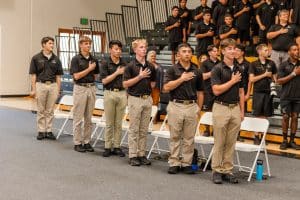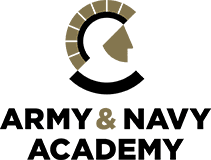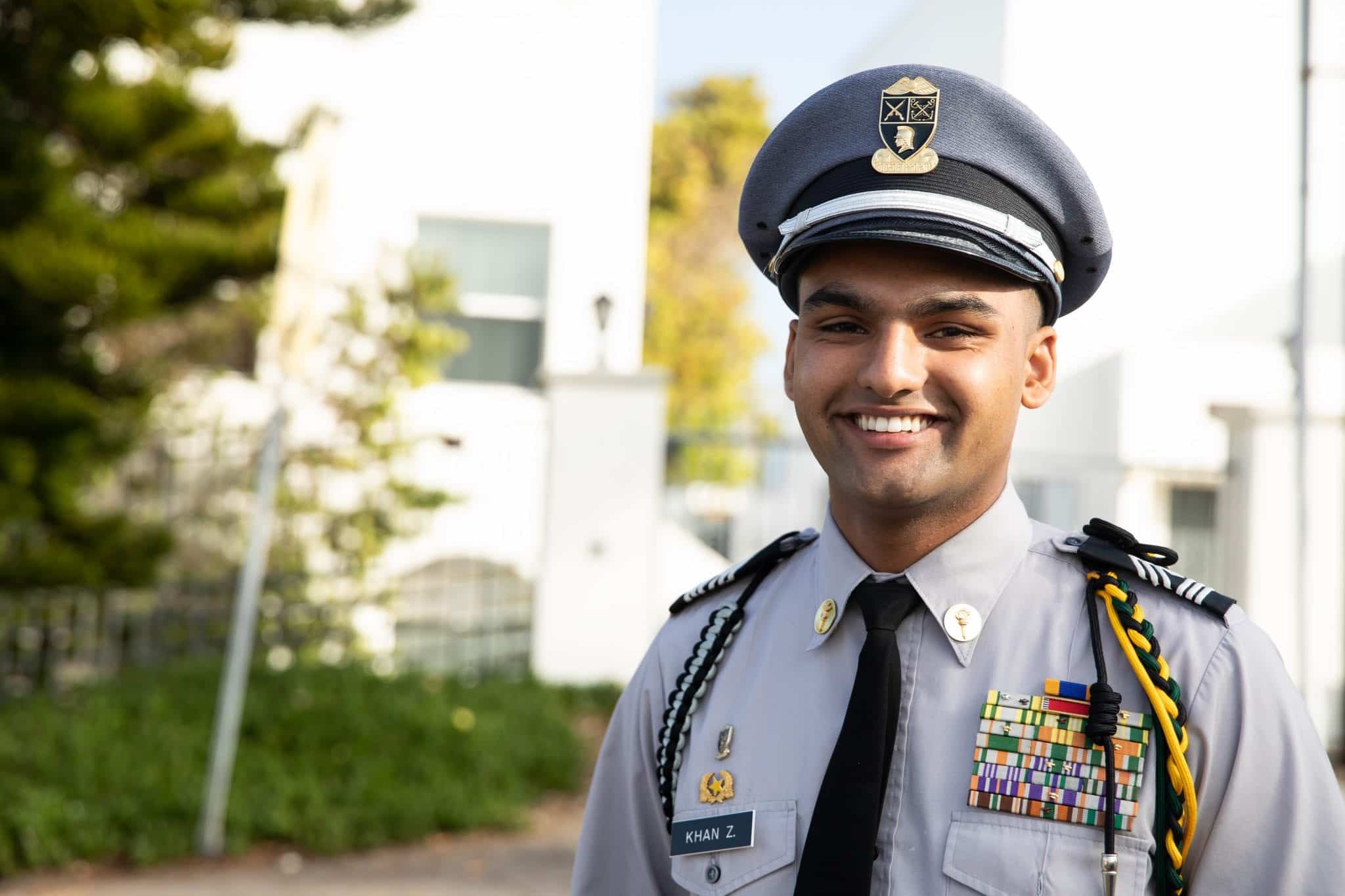
A growing number of parents nowadays are considering and selecting a boarding school for their adolescent and teenage children. However, both parents and their students need to take steps to adjust to a learning environment that’s completely different from the private day or public school in their hometown. First of all, let’s take a look at why parents and their school-age children are looking at boarding schools.
Boarding schools are different – and better
For one thing, the education an adolescent or teenager receives in a boarding school isn’t limited to the length of the average school day. Lessons taught in these schools extend well beyond classroom walls to include teaching and instilling self-confidence, independence, good character, tolerance, compatibility with others, social etiquette, and teamwork while maintaining a strong emphasis on academics. All this to say boarding school students spend far more hours each day, learning how to become successful and productive adults.
That’s in sharp contrast to the findings of a National Center for Educational Statistics report several years ago about how adolescents and teenagers who live at home spend their time. The study showed the average American student spends 6.64 hours a day in class, leaving the remaining daylight hours for supervised or unsupervised activities, ranging from playing sports, doing homework, working at a part-time job, participating in extra-curricular activities, or “hanging out” at home or at the mall, or in some cases, not doing much of anything.
Yet another survey a while back confirms the extent to which boarding schools make a major difference in educating young people. The Association of Boarding Schools (TABS) surveyed boarding school, private day and public-school students as well as alumni to discover the following findings:
- Academic superiority. Some 9 out of 10 boarding school students said their school was academically challenging, compared to 7 out of 10 from private day schools to 5 out of 10 from public schools. Boarding school students typically spent twice the number of hours each week on homework than their public-school peers. Nine out of 10 boarding students said they had high-quality teachers while slightly more than 6 out of 10 private day students and 5 out of 10 public school students said so.
- College preparation and outcomes. Some 87 percent of boarding students said they were well prepared for college academics, compared to 39 percent of public-school students who said they were. Half the boarding school graduates surveyed went on to earn advanced graduate degrees, compared to 36 percent of private day and 21 percent of public-school graduates.
- Life and leadership. Some 77 percent of boarding students said their schools provide good opportunities for leadership development, compared with 60 percent of private-day and 52 percent of public-school students. By their mid-career years, 44 percent of boarding school graduates were holding top-level management jobs, compared with 33 percent and 27 percent of private day and public-school graduates respectively. Those percentages continued to increase in their later career years when 52 percent of boarding school alumni were holding top positions, compared with 39 percent and 27 percent of private day and public-school alumni.
Add to that the personal development advantages of young people literally “living where they learn.” The website of the Army and Navy Academy, a college preparatory boarding school for middle- and high school-age boys in Carlsbad, California describes it as follows:
“Additionally, students are immersed in a special setting that promotes the camaraderie of common experience, friendship among peers, and a trust and honesty with mentors and adults for a lifetime.”
How to Prepare Boarding School-bound Students Beforehand
There are abundant resources to help parents and their boarding school-bound children prepare for leaving home. One source, an article by studyinternational.com, has a list of what parents should cover with their child well before the school term begins, including the following tips that have been paraphrased:
- Know what to expect. Life at a boarding school will be a very different experience. The young person needs to realize that as a student he will be living in shared accommodation with other students and that extracurricular activities are usually required. The student needs to realize he undoubtedly will be living and learning with an international group of students as well.
- Establish a routine. While the student may be aware that a boarding school tends to be structured and disciplined, it will help if he adopts lifestyle habits before school begins that will help make the transition earlier. For example, waking up earlier than normal, having his meals at specific times, planning and packing things needed for the next day. Adopting consistent physical fitness activities early on will help as well.
- Foster independence. Before the student goes off to boarding school, he should learn and practice certain tasks and functions that are a part of living independently. For example, making his own bed each morning, managing his time for studies and chores are a couple of functions that are best learned early on in order to optimize the boarding school experience.
- Dealing with homesickness. Chances are the student is not used to being away from home for extended periods. Studying in a distant and diverse student environment from all over the world can cause him to long for the comforts and familiarity of home. Encourage him to take photographs of family members and friends and other allowable items that remind him of home. Remind him that you’ll only be a phone call or e-mail away. Keep in mind boarding school teachers, coaches, and administrators are well aware of and adept at helping new students deal with and overcome homesickness.
But wait … there’s more.
Yet another source, boardingschools.us, adds a couple of other pre-enrollment tips to help make the student’s transition easier. They include the following…
- Give them tools to make friends and build a community. Encourage your student to seek out extracurricular activities that will help them line up with like-minded peers. That means encouraging the child to explore what hobbies or past-time activities they enjoy prior to going off to school.
- Connect, but don’t overdo the communication. Although parents keeping an open line of communication with their boarding school students is advised, making nightly phone calls should be avoided. That time is usually spent on homework or interacting and building relationships with fellow students to become integrated in the school community. Instead, students should be encouraged to set up a flexible schedule to communicate with parents and friends back home without that schedule dominating and interfering with the time the student needs to build new relationships.
A word or two about military academies.
All that’s been said thus far about preparing young people to thrive in boarding school applies to military academies as well. One Cadet at the Army and Navy Academy summed up his first experiences at the Academy as follows:
“Adjusting to being a new Cadet at the Army and Navy Academy isn’t really as hard as you might think. For me, it took about two weeks to get used to how everything worked, where everything was, and who everyone was. After those two weeks, it got easier…
“Living away from home was still a little bit of a challenge for me. I had never been to a boarding school before … but my fellow Cadets helped me out and made the adjustment to school life easier. Living at school made my classmates not only my friends, but my brothers as well.
“My advice on how to make friends at Army and Navy Academy is this: Reach out to people and see who needs a friend, sign up for a sport each season, and join clubs. Friends are valuable … The friends you make at Army and Navy Academy last not only inside of school, but outside of school and even for the rest of your life …”

Candace Heidenrich is the CEO of Aperture Advisory Associates, where she works with private secondary and higher education leaders to strengthen programs and practices. She founded Aperture in 2018 after more than a decade in a senior administrative role at a boarding school in California. Additionally, she held faculty and chair positions at private schools and colleges in Los Angeles and Ojai. Her background also includes director and executive level positions with start-ups and Fortune 500 corporations.
While earning her B.A. in Education and Humanities in the Lawrence Henry Gipson Scholar program, she studied abroad at Oxford before pursuing her master’s at the University of California, Santa Barbara. A frequent speaker at national conferences, she is a recognized thought leader and authority on enrollment management and marketing best practices.
